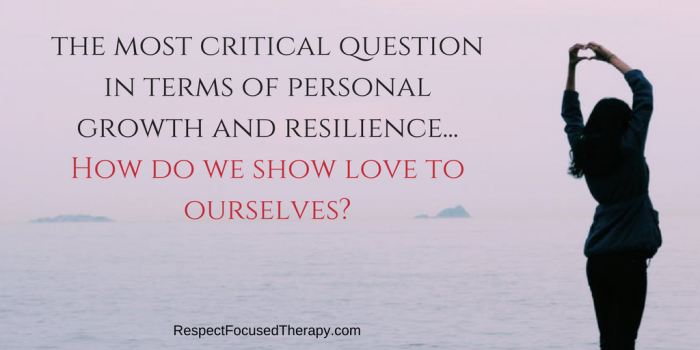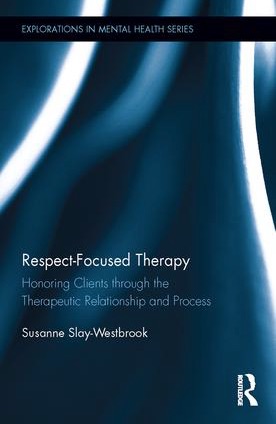
Therapists consider the winter holidays as being the roughest time for our clients. This includes Valentine’s Day. The heavy commercial marketing creates expectations, that if not met, can cause self-doubt and even deeper depression for those already troubled by these issues. There is a real possibility that these feelings could manifest for some clients, and therapists should be prepared with strategies to discuss difficult questions about love and companionship that clients might ask, either out loud or to themselves.
- How do I/we define love and how does that compare to personal experience?
This question might not be phrased in this way, but it’s often lurking in the back of clients’ minds. To help the client[s] organize their thoughts and fears around this question, gives them the opportunity to consider the dissonance they experience around this issue and define for themselves what real love looks and feels like to them. For so many with attachment issues and trauma, this kind of discussion is imperative to repair damaged thoughts and beliefs about love.
- How do I/we practice a loving relationship?
What are your clients doing in their love lives, or pursuit of them, that is serving them well or isn’t? This is topic a little tricky because it is not meant to create more angst for them, but to help them to have a clearer understanding about what they’re bringing to the table in loving relationships. As they begin looking more deeply at this, it’s wise to encourage them to acknowledge all the positive traits they offer as well as those they want to approve upon.
- How and where am I/we aware of being loved?
This is such an important question to highlight with clients. So many times, the focus in therapy is on the lack of love in their lives, often for good reason, but the reminder that somewhere in their lives there likely is at least one other individual who has shown them love. Whether it’s a grandparent, teacher, a child, or even a pet, someone has love for them.
- How do I/we show love to ourselves?
This is the most critical question in terms of personal growth and resilience. Therapists need to frame this as being fluid, but something to be built upon—foundational to emotional strength and endurance. Exploring ways to express genuine self-love will provide discussion about the differences between vulnerability and shame.
- How do we navigate in the love world without getting deeply hurt?
Again, this is all about gaining self-appreciation and respect that allows the client to set appropriate boundaries protecting him/herself from legitimate harm. Yet they should also able to more freely give love to others without unrealistic expectations that set up an emotional let-down.
All of these questions have the potential of leading clients toward genuine healing and growth. They also have the potential for deepening wounds and despair if they are handled without intentional care and respect. Therapists should remain diligent in keeping respect (the core component of real love) present and available for our clients to hold on to and grow into.

Respect-Focused Therapy (RFT) is a foundation on which all modalities and techniques used in therapy can be strongly grounded, in order to produce sound, effective outcomes. This approach offers clients the opportunity to gain experiential understanding of being respected, possibly for the first time, from the therapeutic relationship and then be able to heal old wounds by creating more respect for self and others in the therapeutic process.




